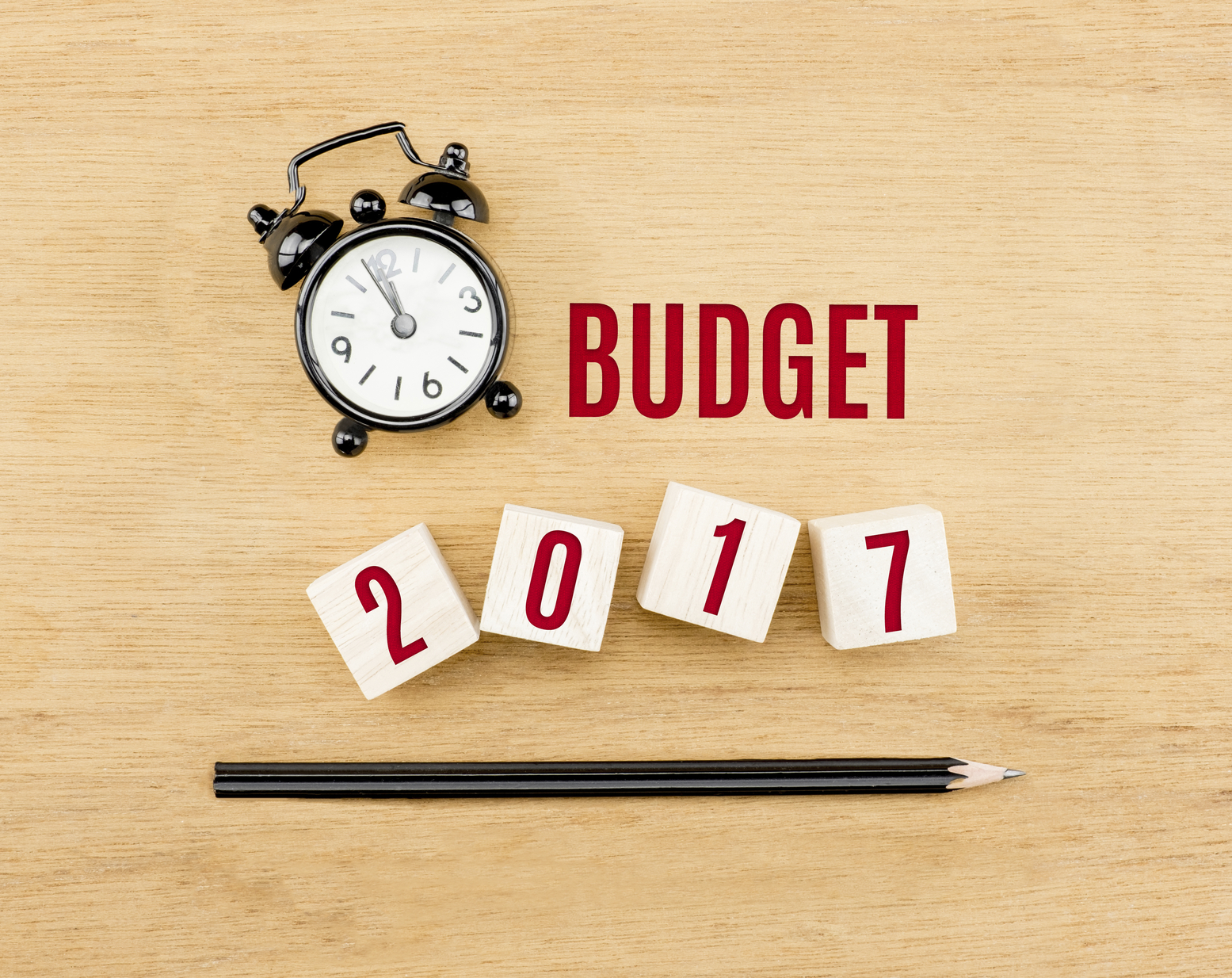- 2017 Budget Ready for President’s Assent Next Week
The Senate Leader, Ahmed Lawan, on Thursday expressed the hope that the 2017 Appropriation Bill would be ready for the signature of President Muhammadu Buhari next week despite the hitches being experienced on the passage of the document at the National Assembly.
Lawan said this in an interview with State House correspondents after he met behind closed doors with Buhari at the Presidential Villa, Abuja.
While saying there was nothing to worry about the document, the Senate Leader recalled that the National Assembly had intended to pass the budget in March.
He stated that target could not be met because of some parameters that lawmakers did not have control over.
He said while it was also planned to be passed in April, the residence of the Chairman, Senate Committee on Appropriation, Danjuma Goje, was raided by the police and some of the budget documents were taken away.
Lawan said, “This and other things that happened and essentially the trauma that the Chairman, Senate Committee on Appropriation had to go through, affected the process of budgeting.
“When we were going on Easter recess, members of the Senate Committee on Appropriation, including those of the House, did not go on recess. They stayed back because that was the arrangement, so that by the time we returned on April 25, that was Tuesday, they should lay the report of the budget.
“Unfortunately, that was not possible because of what happened. But the good news is that we are doing everything possible to ensure that we catch up with the lost time.
“So, by the grace of God, I am thinking that by next week, we should be able to finish our own work and pass the budget for Mr. President to sign.”
Lawan also gave an indication that the Senate might consider the list of ministerial nominees sent to it by the President and other matters by next week.
When asked for the purpose of his visit to the President, Lawan said it was his responsibility as the Senate Leader to market all bills and requests in the Senate.
He said he was in the Presidential Villa to meet Buhari as part of his continuous engagements.
“It was meant to be sure that l get my briefings right so that l can always market presidential requests so well and as scheduled, and this is supposed to be a continuous process and that is essentially why l have come to meet the President,” he explained.
Lawan added that it was wrong to narrow lobbying in a presidential system to giving somebody money to buy his or her conscience.
He said it was meant to involve talking and engaging continuously with people who had mandates and jurisdictions on some issues, adding that that was what he meant by continuous and sustained interactions between the President and the legislature.
He said, “l know clearly that there is independence of each arm, but l also know equally well that there is so much inter-dependence between the two arms and even among the three arms of government in Nigeria.
“Therefore, we need to always close and narrow the gap and that is what l mean. My presence here is part of that engagement because even as legislators, we lobby. When we have our bills, we lobby our colleagues. We go to their houses. We send some write-ups to explain the necessity of those bills. We move from one seat to the next, talking to our colleagues.
“So, there is nothing wrong and l believe it is something we need to cultivate as a culture in this democracy.”

 Forex2 weeks ago
Forex2 weeks ago


 Naira1 week ago
Naira1 week ago
 Naira4 weeks ago
Naira4 weeks ago
 Company News4 weeks ago
Company News4 weeks ago




 Naira1 week ago
Naira1 week ago
 Billionaire Watch1 week ago
Billionaire Watch1 week ago




 Naira3 weeks ago
Naira3 weeks ago




 Naira1 week ago
Naira1 week ago





















